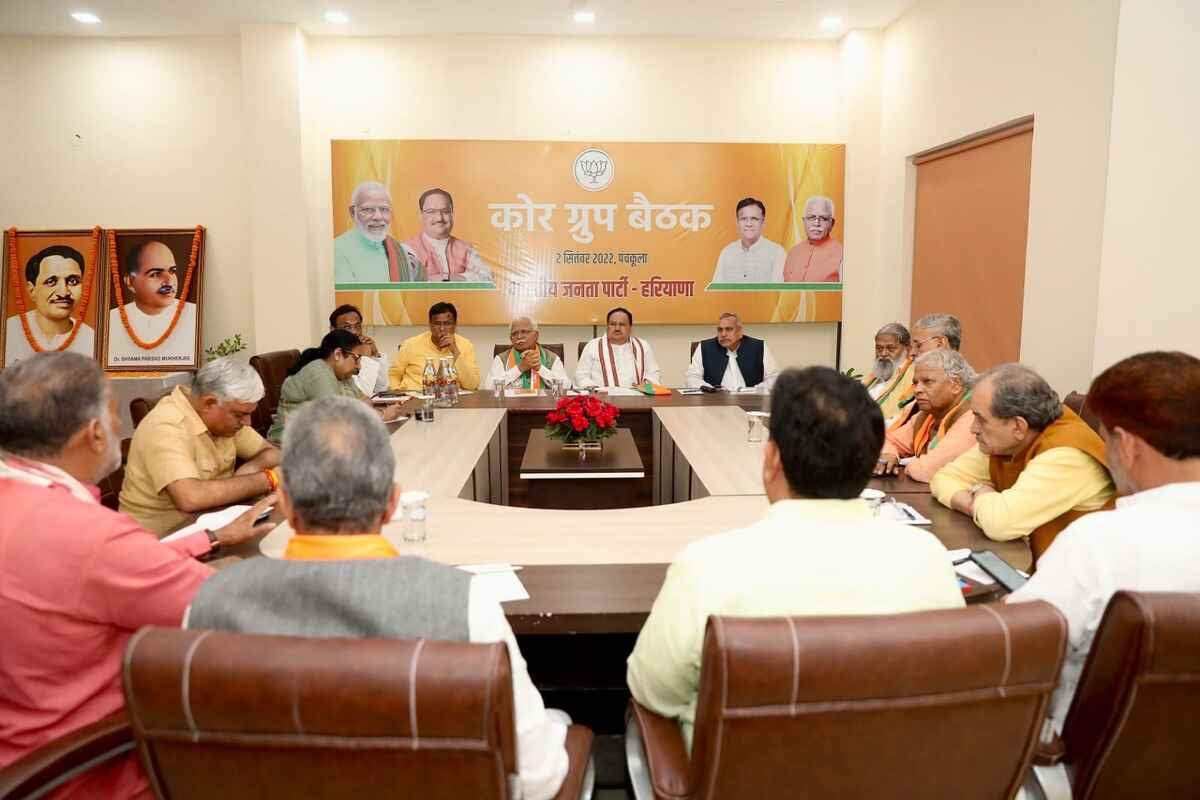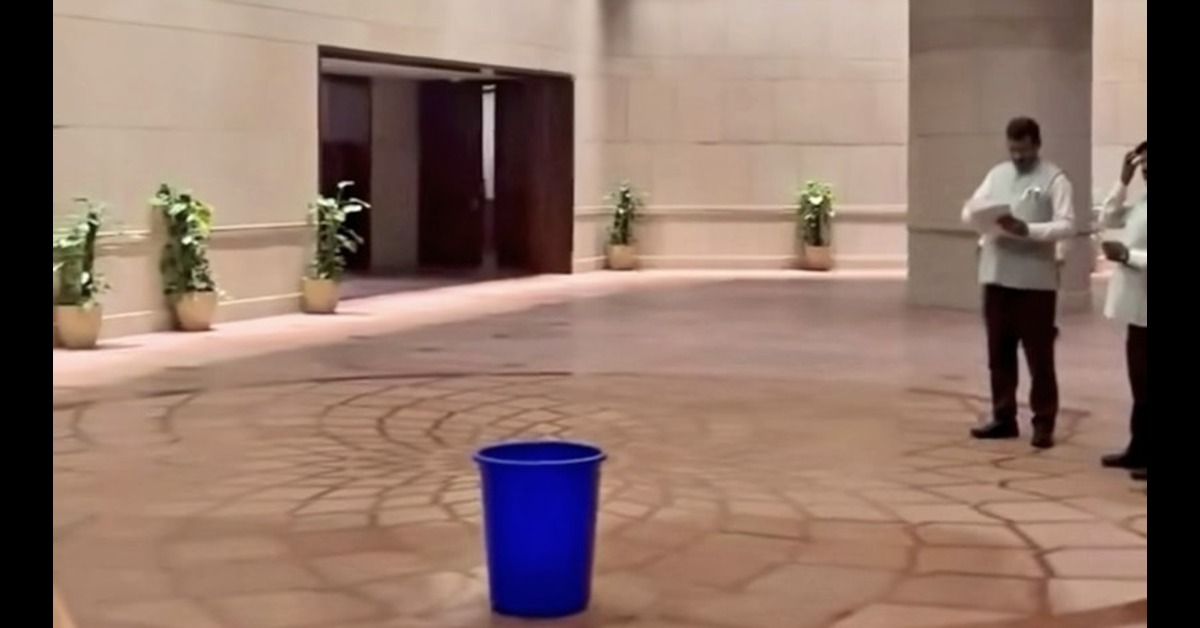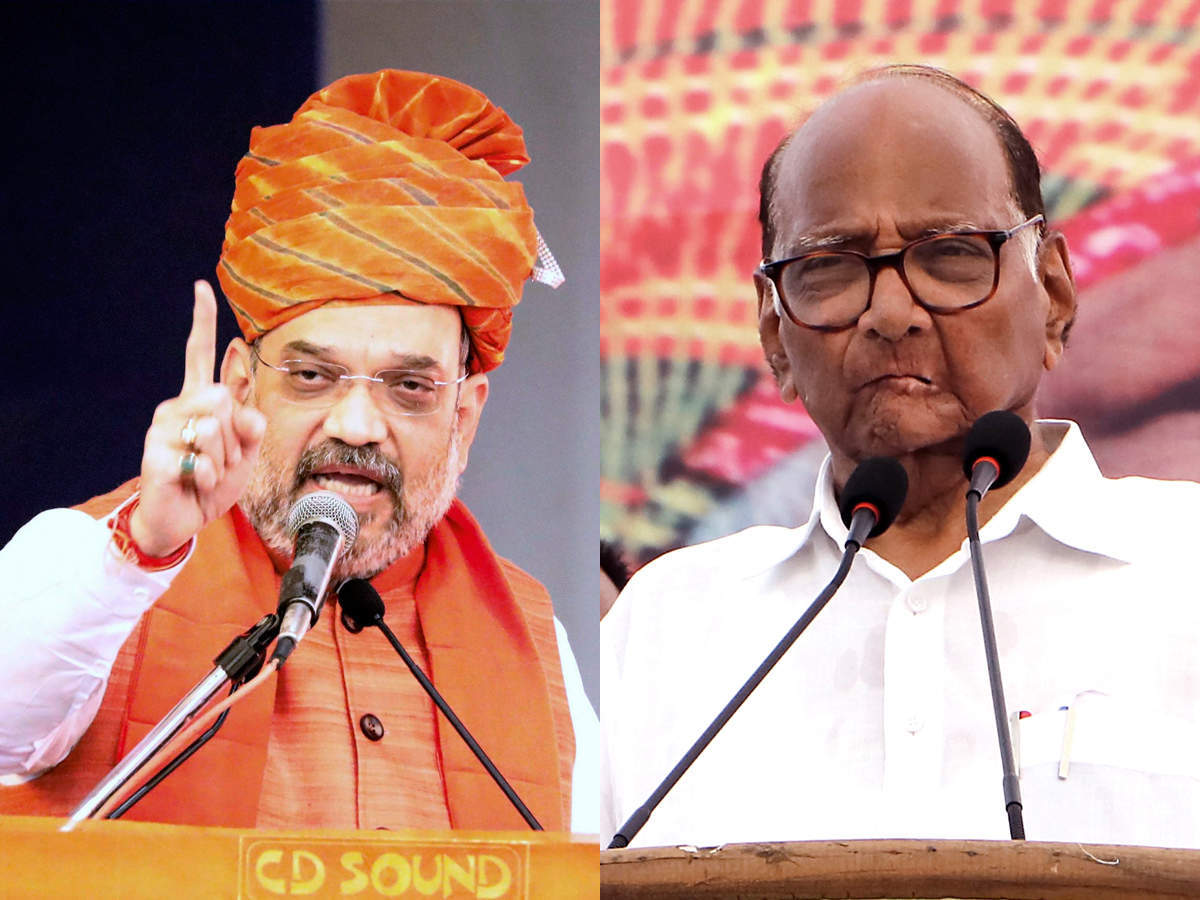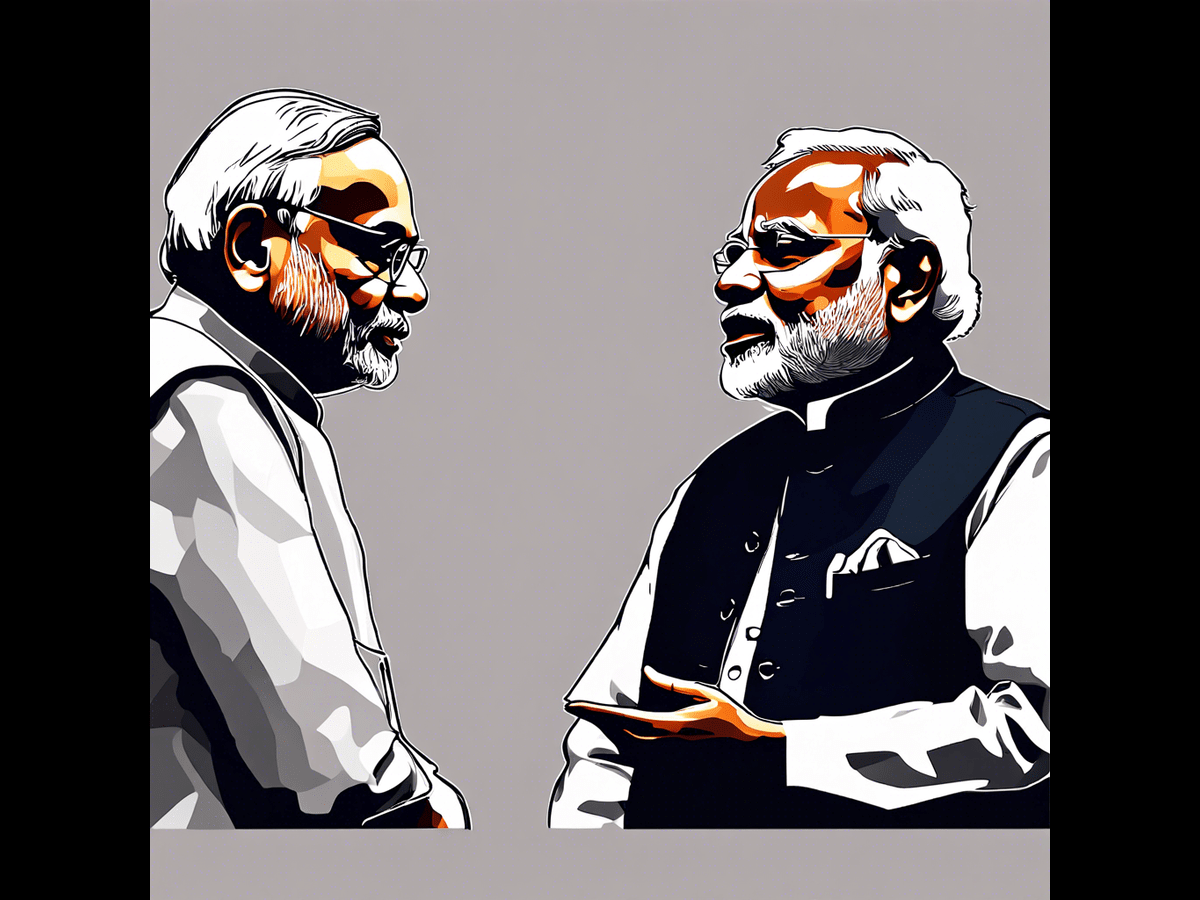In a landmark decision, the Supreme Court of India has condemned the controversial practice of “bulldozer justice,” where authorities demolish properties of individuals accused of crimes. This practice, criticized for its potential to bypass legal norms and target people unfairly, has now prompted the Court to propose a set of nationwide guidelines to ensure due process and fairness. In many BJP-ruled states, “bulldozer justice” has become the latest political craze. Opposition has been accusing Ministers and Chief Ministers for using bulldozers not just for clearing land but as a potent tool to secure votes. By demolishing properties, they’re not just reshaping the landscape but also targeting specific communities to win favor with their base. It’s a high-octane strategy that turns every demolition into a campaign rally, showcasing power and securing mandates in the most dramatic way possible.
Court’s Stance on Demolition Practices
During a recent hearing, Justices B.R. Gavai and K.V. Viswanathan questioned the legality and fairness of demolishing homes based solely on the criminal accusations against their owners. They underscored that the law does not support such arbitrary demolitions. The Court highlighted that any action against a property must adhere strictly to legal procedures and cannot be used as a punitive measure against accused individuals or their families.
Proposed Uniform Guidelines
In response to concerns raised about the misuse of demolition powers, the Supreme Court proposed the creation of uniform guidelines applicable across India. These guidelines are intended to standardize the process for identifying unauthorized structures, issuing notices, and ensuring a fair hearing before any demolition is carried out. The aim is to create a system that upholds legal rights while addressing issues of illegal constructions.
Municipal Laws and Procedural Concerns
While the Supreme Court acknowledged that municipal laws do provide for the demolition of illegal structures, it also noted that these laws are often misapplied. Solicitor General Tushar Mehta, representing the Uttar Pradesh government, defended the demolitions, arguing that they were carried out following statutory procedures and aimed at unauthorised constructions rather than punishing individuals. However, the Court expressed concerns about the potential misuse of these laws, stressing the need for procedural fairness.
Rebuttal of Retributive Demolitions
The petitioners, including Jamiat Ulama-i-Hind, had argued that demolitions were being used as a form of retributive justice against individuals accused of crimes, which the Court found unacceptable. The Supreme Court is determined to ensure that demolitions are not used as a tool for public retribution and that they adhere to established legal standards.
Next Steps in the Legal Process
The Supreme Court has scheduled the next hearing for September 17, 2024, to finalize the proposed guidelines. In the meantime, the Court has requested draft recommendations from the parties involved. These recommendations will help shape the final guidelines, ensuring that demolitions are conducted fairly and in accordance with the law.
Defense Arguments from Uttar Pradesh Government
The Uttar Pradesh government has defended its demolition actions by emphasizing compliance with statutory procedures. They argued that the demolitions were aimed at illegal structures and were preceded by notices warning individuals about the impending actions. The government denied any allegations of retributive demolitions, asserting that their actions were in line with municipal laws intended to protect public interests, such as maintaining roads and preventing encroachments.
Court’s Position on Legal Structures
The Supreme Court made it clear that while it will not protect unauthorized constructions or encroachments, it will ensure that any demolition of legal structures follows due process. This stance aims to balance the enforcement of municipal laws with the protection of individual rights.
Conclusion
The Supreme Court’s intervention in the “bulldozer justice” issue marks a significant step towards ensuring that demolitions are conducted lawfully and fairly. By proposing uniform guidelines and scrutinizing the procedural aspects of demolitions, the Court seeks to prevent the misuse of legal powers and protect the rights of individuals. As the case progresses, the guidelines will set a precedent for how demolition actions are handled across India, promoting consistency and fairness in the application of the law.
Stay tuned for further updates as the Supreme Court continues to address this crucial issue and works towards a more just and transparent legal framework for property demolitions.
For more such news and information do follow Thedigisamachar.











